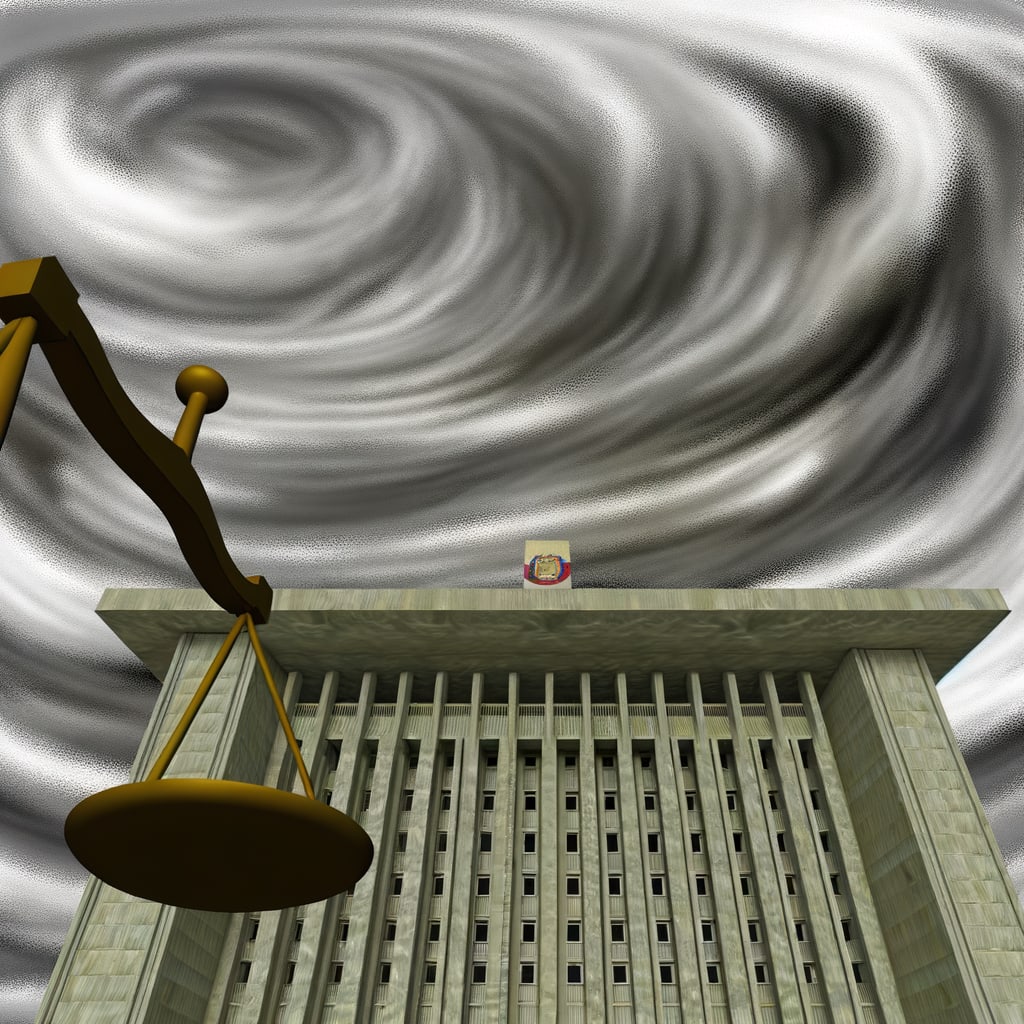Colombia's Tumultuous Relationship with the US over Caribbean Strikes
In a significant diplomatic fallout, Colombia's President Gustavo Petro suspended intelligence sharing with the United States in response to US airstrikes on alleged drug boats in the Caribbean. However, the government quickly reversed the decision, announcing the resumption of intelligence cooperation. This seesaw of events marks a new low in the relationship between the two countries and raises questions about the legality of the US's action in international waters.
Background
The US military has been conducting airstrikes on alleged drug smuggling vessels in the Caribbean since August, resulting in at least 75 fatalities, according to figures supplied by the Trump administration. The Pentagon claims these ongoing operations target drug smuggling vessels allegedly operating out of Venezuela and Colombia. These actions have sparked international criticism, with France's foreign minister stating during a G7 meeting that the deadly strikes violate international law.
Suspension and Resumption of Intelligence Sharing
In reaction to the strikes, Colombian President Gustavo Petro announced the suspension of intelligence sharing with the US, citing similar actions taken by the UK. The fight against drugs must be subordinated to the human rights of the Caribbean people,
Petro wrote. However, Colombia quickly reversed its position, announcing it would continue intelligence collaboration with the US, a move seemingly at odds with Petro's strong stance against the strikes.
Reactions and Implications
Petro, known for his confrontational style, publicly criticized President Donald Trump and the US administration. In an interview with NBC News, Petro reportedly referred to Trump as a barbarian
, adding that his country would not pass on the information because we would be collaborating with a crime against humanity.
The US government, in turn, has imposed sanctions on Petro, his family, and several cabinet members, accusing them of having ties to drug cartels, a charge Petro has denied. These actions have strained the relationship between the two countries, historically close allies in the fight against drug trafficking.
Current Status
Despite the diplomatic tensions, Colombia has decided to maintain intelligence sharing with the US. This decision comes amidst a complex political scenario where the Colombian president faces political fallout at home and is in the midst of a public feud with President Trump.
Many questions remain unanswered, including whether the US strikes are in violation of international law, as claimed by France's foreign minister. The Justice Department's secret memo allegedly approving the strikes based on President Trump's claims about cartels has yet to be fully scrutinized. Meanwhile, the families of those killed in the strikes are calling for justice, further amplifying the human rights concerns surrounding the US's actions.

